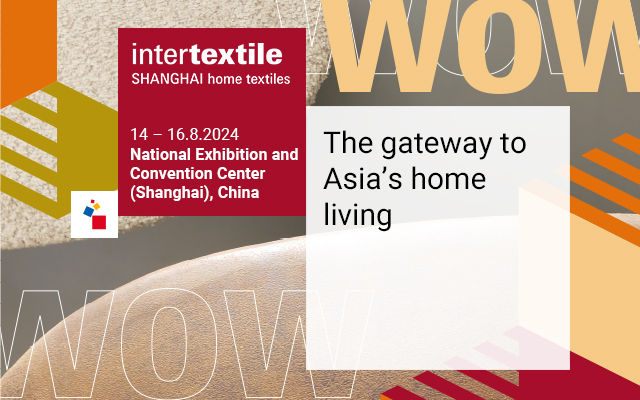Rules of origin (RoO) are the criteria used to define where a product was made. These are considered an essential part of trade rules because a number of policies discriminate between exporting countries. RoO are also used to compile trade statistics, and for "Made in ..." labels that are attached to products.
However, globalization has more or less made the RoO less important in a way that a product can be processed in several countries before it is ready for the market. For example- A shirt manufactured in Indonesia may have used the fabric made in India from the yarn manufactured in China which in turn has been manufactured from the cotton produced in Africa. So, the whole idea of sourcing from a preferred country has taken a drastic shift.
In view of global competition and opening up of economies to trade, the buyer insists on best quality at the best price which is possible only when each country involved is leveraging upon its absolute advantage in a production/manufacturing category and hence is able to provide the best quality-best price combination.
However, several economists have objected on the absolute advantage theory stating that, when a country follows this theory, it is unable to develop its other sectors in a manner that it should otherwise. For example -Good cotton yield in Africa should result in spinning units being set up in the country for yarn manufacturing, in turn moving up to weaving, finishing, and garmenting. This would be possible only when the domestic yield is not exported directly. Rather is used by spinning units to produce yarn and so forth.
For a developed country it makes sense to buy the best product at each level of value chain from various countries, but for developing countries and LDC's the question is whether to leverage upon the absolute advantage theory or to develop its own manufacturing facility for better development of the country, a call that will allow it to benefit in the short run and the long run respectively.









Comments